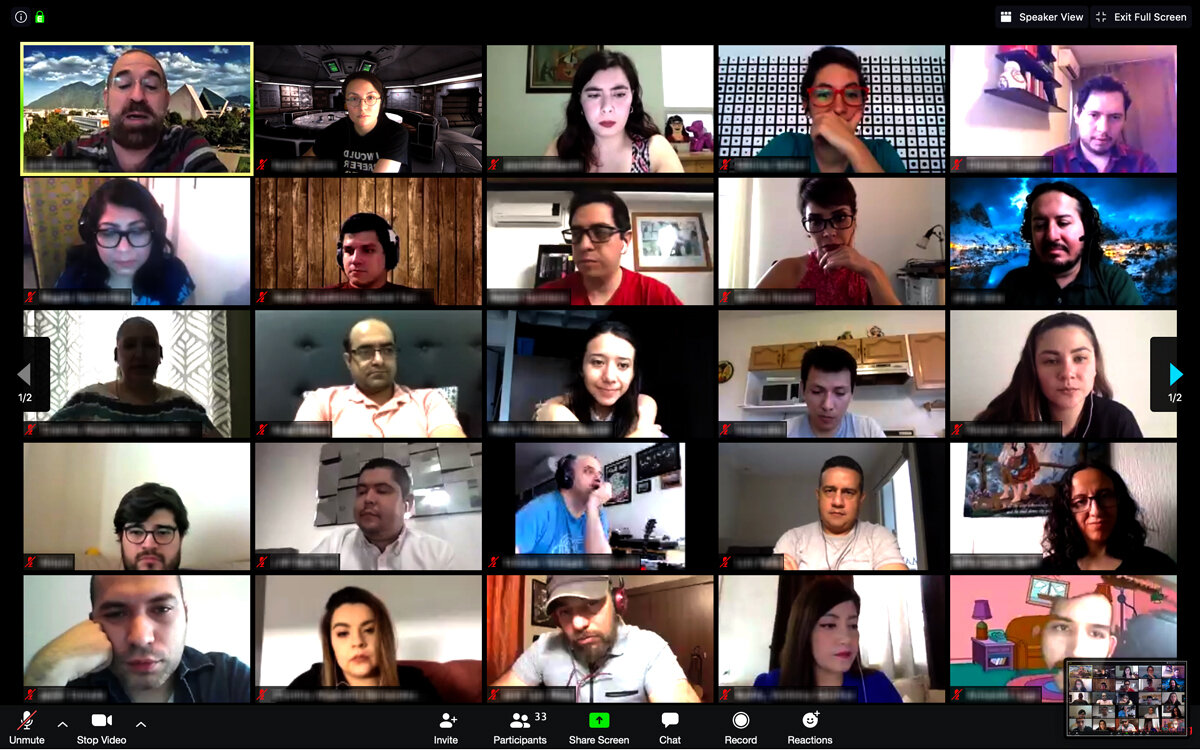Zoombombing is an act of malicious intrusions made during online video conference calls and other chat services. It typically involves someone entering a meeting and sending inappropriate or distasteful messages, profanity, or even pornographic images. Zoombombing can also involve vocal disruptions or other malicious activities.
The term ‘zoombombing’ was coined in April 2020 following the massive increase in worldwide usage of the video conferencing service, Zoom. During this time, many users began to experience malicious intrusions into their online meetings, and this became known as ‘zoombombing’.
Zoombombing is seen as a type of cyber-attack, since it can disrupt a conversation and/or present unwanted and offensive material to meeting participants. It is possible for malicious intruders to enter meetings through a variety of techniques such as ‘brute force attacks’, ‘leaking a meeting link on social media’, or by simply guessing a meeting ID.
In order to protect against Zoombombing, Zoom has implemented end-to-end encryption and other measures to increase security and reduce the chances of malicious intrusions. Additionally, users are advised to set up a strong password and avoid sharing a meeting link or ID publicly in order to reduce the risk of Zoombombing. Other tips can be found on the Zoom website and from other security experts.
In summary, zoombombing is an act of malicious intrusions into online video conference calls or other chat services. It can disrupt a meeting and/or present offensive material to meeting participants. To protect against this threat, it is important to take steps to ensure your video conference or chat service is secure.





